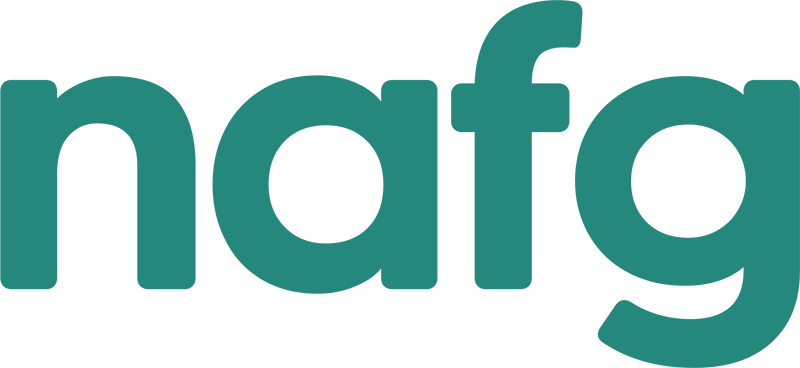Click here for Conceiving Through Egg Donation (9 of 10): Confidentiality and Anonymity.
Donor Reserving, Screening, and the Egg Donation Contract
Once you’ve made your choice, signed the contract with the egg donation agency, and paid your fee, your clinic can start the screening process. The agency will typically send an official “match sheet” (with the names of you and your egg donor), and the donor’s complete file to the egg donor coordinator at your clinic. The donor will have to fill out the clinic’s own application as well (obtained through the agency or directly from the clinic). One of the nurses will set up the egg donor’s screening appointments, which may occur all in one day, or broken up into about three separate appointments. Screening comprises a meeting with a social worker/psychologist (an MMPI test, a Minnesota Multiphasic Personality Inventory, is sometimes administered), a meeting with a genetic counselor, a doctor’s examination, and a series of blood tests for infectious and hereditary diseases. It takes about three to four weeks to get the results back.
Most egg donors pass their screenings. Any donor who does not will be informed by a doctor directly. If your donor does not pass, your clinic will inform you, and your agency should work hard to find you a replacement quickly. If some genetic findings are inconclusive, you will be counseled by your doctor about the possible risks, and may choose to find another egg donor.
When working with a private agency, an egg donation contract is customarily required to outline the rights and responsibilities of the donor and recipient(s). (When using a donor from a clinic’s program, medical informed consent forms are all that’s usually needed.) If there are lawyers who own or work for the agency, outside lawyers should be recommended to draft the contract in order to avoid any potential conflict of interest. Agencies are used to working with the same handful of lawyers for these contracts, and they offer very similar basic models. Your attorney’s fees should amount to about $1,000. The egg donor also gets assigned her own lawyer to review and explain the terms, which costs the recipient around $400. You could of course get your own lawyer to draft the contract, but it will probably take more time and end up costing you more. There is a relatively small community of experienced assisted reproduction lawyers who do this work frequently. It is best to choose from within this group.
Egg donation is said to fall under an “unsettled area of law,” meaning that there is no established legal precedent that governs it. At this point in time, anonymous donor eggs have been considered in the same way as anonymous donor sperm. The egg donor has no claim and holds no responsibilities to any eggs, embryos, or resulting offspring. As soon as the eggs are retrieved, they are viewed as the property of the recipient. The recipient may fertilize the eggs, implant them, cryopreserve them (as eggs or resulting embryos), and or handle/dispose them in any way the recipient chooses, in accordance with FDA regulations. In anonymous arrangements, she may be informed of the number retrieved but not whether a pregnancy or live birth results.
The compensation schedule and amount is also included in the contract. It should not be acceptable for the egg donor to be held responsible for any medical fees if she does not pass her screening, or for any punitive fees of any kind should she not be able to complete her donation (except in cases of willful fraud). She should not have to put herself at financial risk in order to donate eggs (the medical risk should suffice); the financial responsibility should be the sole responsibility of the recipients. Travel and per diem expenses should be reasonable, as negotiated by both parties. The name of the oocyte donor insurance policy should also be specified; this is typically purchased by the IVF clinic (as part of the patient’s fee) or if not, the agency purchases it with recipient funds. It costs $400 in most states ($180 in Massachusetts and Rhode Island).
In our experience, the contract phase goes very smoothly. Any wrinkles are usually easy to iron out: after all, it is in the recipient’s best interest to create and maintain good will in the relationship with the egg donor. Once both parties sign the contract (anonymity is maintained by assigning codes to replace names) and the agency receives the compensation and expense funds to hold in trust, the actual IVF cycle can begin.



